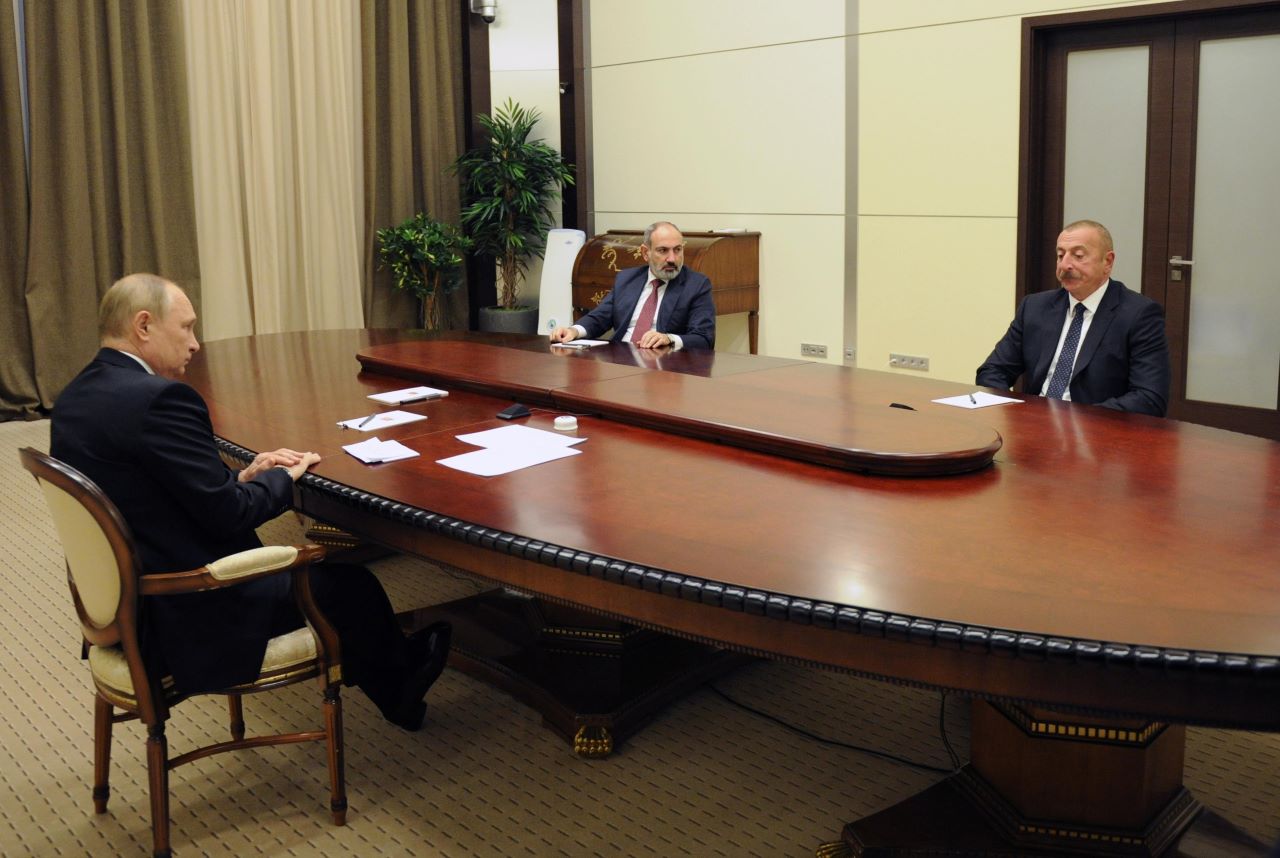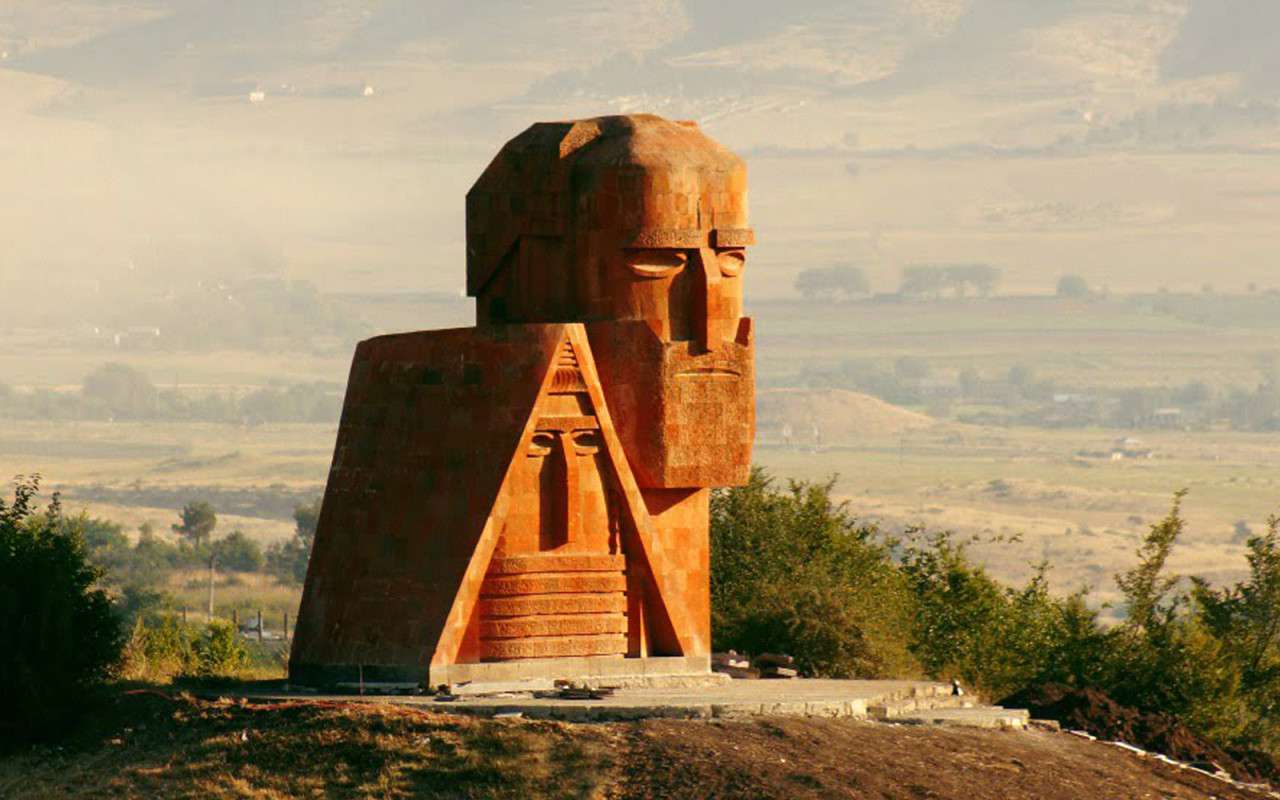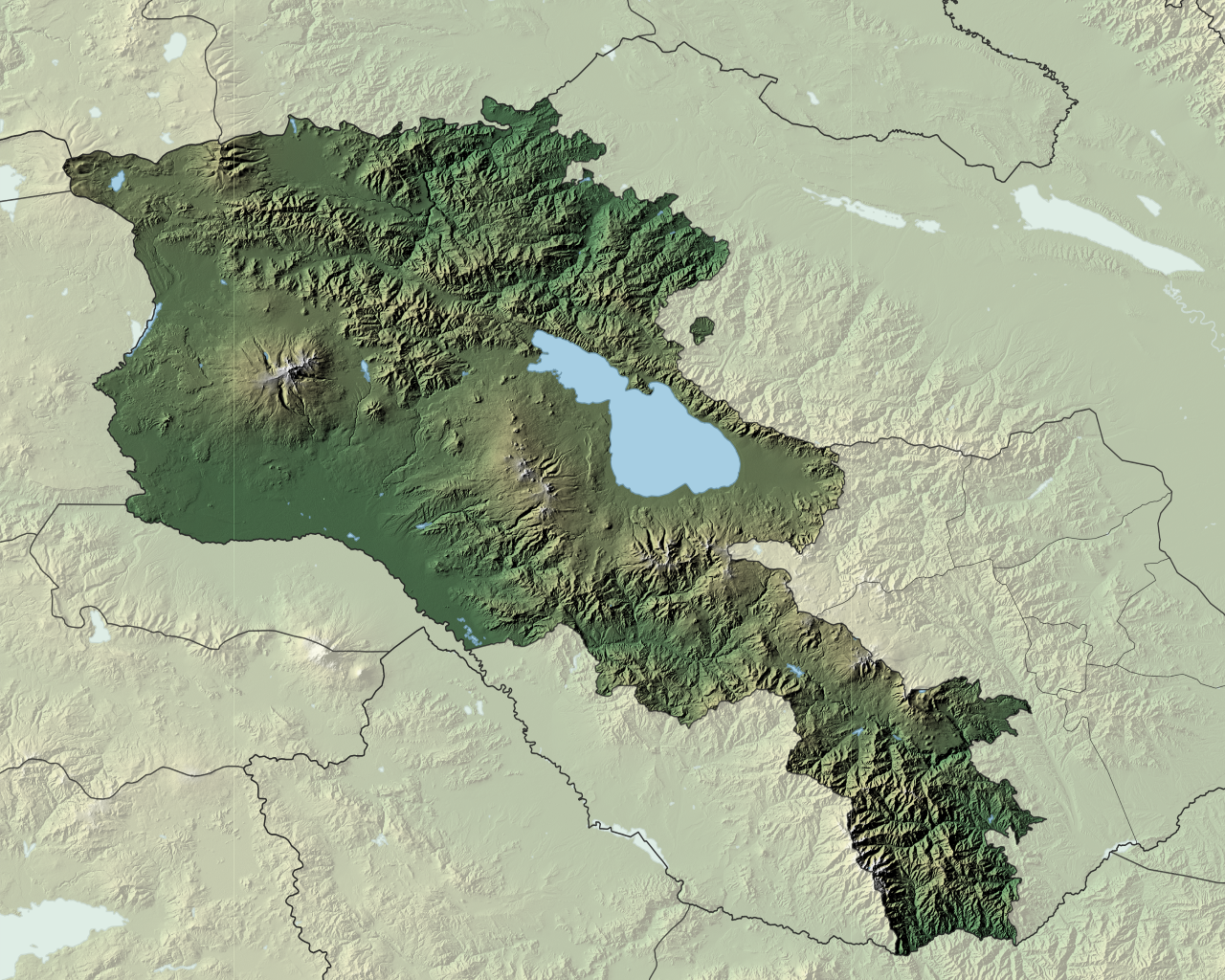"Those who speak of the exiled NK government serve Russia's interests." Opinion
Is there an exiled Karabakh government?
Armenia‘s prime minister, Nikol Pashinyan, stated that “certain circles of forcibly displaced people from Nagorno-Karabakh, consciously or unconsciously, are taking actions that pose a threat to the country’s national security.”
“Claims about exiled governments and such. I want to make it very clear, so everyone understands: in the Republic of Armenia, there is one government, and it is in this chamber,” he declared during a recent cabinet meeting.
Apparently, the prime minister was responding to statements made by the former president of the unrecognized Nagorno-Karabakh Republic, Samvel Shahramanyan, in an interview with Le Figaro newspaper. Specifically, he mentioned that in the same building in Yerevan where he met the French journalist, there are offices of the president and other exiled government structures.
Political analyst Areg Kochinyan shares the opinion of Armenia’s prime minister. According to him, the narrative of an exiled government could harm the negotiation process with Azerbaijan, thus posing a threat to Armenia’s peace and security.
“Those who speak of the exiled NK government, continuity of power in Artsakh, and so on, whether they intend to or not, serve Russia’s interests,” he told JAMnews.
- “Aliyev questions the existence of the Armenian state” – German political scientist
- “Armenia has retreated from its own principles in negotiations with Baku.” Opinion
- “Armenia must not refrain from filing lawsuits against Azerbaijan.” Opinion
Pashinyan talks about steps to prevent threats
“If necessary, appropriate steps and actions should be taken to prevent external forces from using certain circles to threaten Armenia’s national security. In the Republic of Armenia, there is no, has been no, and cannot be any other government besides the government of the Republic of Armenia,” the prime minister stated.
He emphasized that “those who deliver messages about an exiled government” had the opportunity to demonstrate their capability and responsibility.
“And we’ve seen what they’ve done with that opportunity,” Pashinyan said.
“Shahramanyan spoke of ‘voluntarily fulfilling their duties”
A correspondent from the French newspaper Le Figaro asked Samvel Shahramanyan if there exists a state and government in exile. He replied:
“Yes, in the building where I’m hosting you in Yerevan, there’s the office of the Artsakh president, as well as offices of the judicial and legislative bodies. Deputies can gather here to vote. In October, I issued a decree stating that all government members remain in their positions voluntarily.”
Shahramanyan also stated that in the aftermath of the Azerbaijani military actions in September 2023, he considers the return of Armenians to Karabakh unrealistic. He believes that it will take years for peaceful coexistence between neighbors to become possible.
“How can the authorities in Yerevan consider their country safe when some parts of its territory are already occupied by Azerbaijanis, and Baku leaders publicly assert their rights to other territories?“
Commentary
Political analyst Areg Kochinyan views talks of Armenia and Azerbaijan nearing a peace treaty as a result of Baku achieving its desired outcome:
“The Republic of Artsakh no longer exists. And Armenia essentially acknowledged this when it stated that its sole priority is ensuring its territorial integrity and sovereignty.”
According to the analyst, prime minister Pashinyan’s statement about not recognizing any exiled government on Armenian territory is further confirmation of this.
“Any statement or action contradicting this logic will harm the Armenian-Azerbaijani negotiation process. Currently, peace talks and agreements are the most important components for Armenia’s future, long-term stability, independence, and security,” said Areg Kochinyan.
He is convinced that there can be no guarantees of Armenia’s security from outside influences. Kochinyan considers the resolution of Armenian-Azerbaijani, and subsequently Armenian-Turkish relations, to be the only effective security factor. However, he believes that neither is in Moscow’s interests.
The expert believes that Armenia and Azerbaijan are not of interest to Russia in the region, but rather the conflict itself. Moscow needs forces ready to “serve its perpetuation.” Therefore, Kochinyan believes that there are individuals who “consciously and deliberately talk about an exiled government.”
When asked whether rejecting the “exiled government” would hinder the future realization of Karabakh Armenians’ rights, Kochinyan replied:
“I don’t see any mechanisms through which we can realize the rights of our compatriots living in Karabakh, including the right to return.”
He dismisses discussions about the possibility of Armenians returning to their homeland and being granted any elements of autonomy as “lies and self-deception”:
“For years, the Armenian side maintained the status quo solely thanks to a balance of power that no longer exists today.”





















